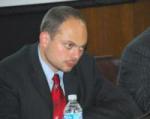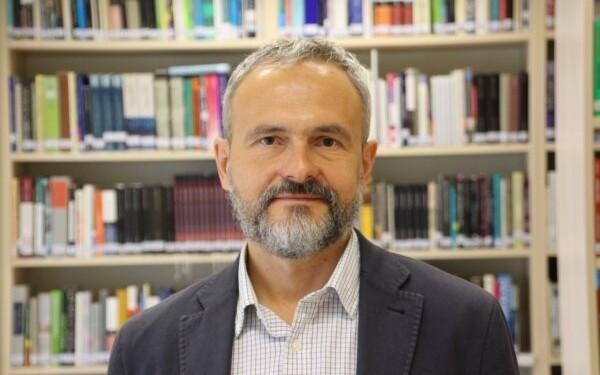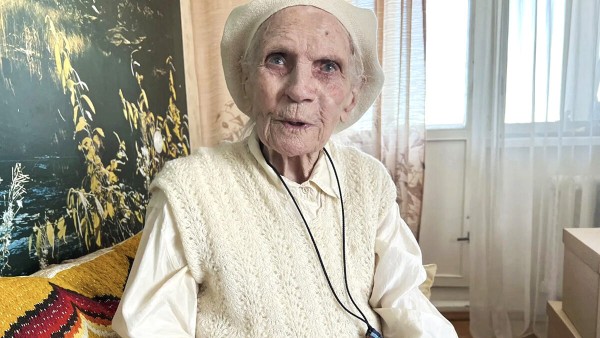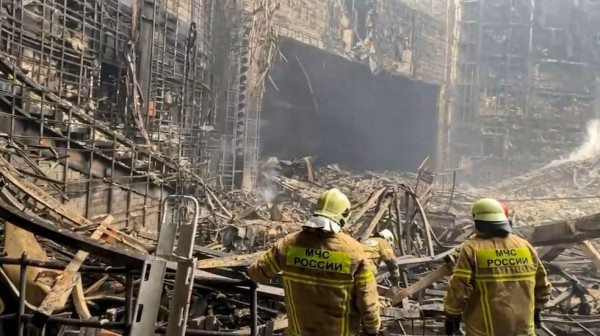
Russians began voting Thursday in a week-long plebiscite intended to ratify a series of constitutional amendments, the most important of which would waive presidential term limits and allow Vladimir Putin — in power for 20 years and already the longest-serving Kremlin leader since Joseph Stalin — to extend his rule until 2036. After considering more sophisticated options, such as becoming chairman of the newly constituted State Council or creating a new country through a merger with Belarus, Putin took a simpler road traveled by dictators all over the map, from Egypt to Venezuela.
Last weekend, appearing in a documentary about himself on state television, Putin confirmed that he “does not rule out” running for president in 2024, should the constitutional amendments be approved by popular vote.
Even with all the caveats of public opinion in an authoritarian state, Russian citizens have shown considerable resistance to Putin’s intention to stay as ruler for life. A survey in March by the Levada Center, Russia’s sole remaining independent pollster, showed that this prospect has divided voters in half (48 percent against 47). More tellingly, 58 percent of Russians think that the president should not be older than 70 — a safe euphemism for opposing Putin (who will turn 72 in 2024) without pronouncing his name.
It’s worth noting that these numbers came before the Kremlin’s rejection of universal stimulus payments in the wake of a pandemic that opened the eyes of even the most apolitical people to the reality of undemocratic governance. A fresh Levada survey shows that, given a choice between Putin’s amendments and an alternative package proposed by the opposition Yabloko party — that includes a limit of two four-year presidential terms, an elected senate and parliamentary nomination of the prime minister — more Russians (28 percent against 25) would opt for the opposition’s proposals. “When you hear that most Russians are hopelessly … antiquated, and that Vladimir Putin’s system adequately represents people’s views, don’t believe it,” said Nikolai Rybakov, Yabloko’s chairman. “It’s just that people are not being offered an alternative.”
It’s not only a lack of alternative. Even a simple vote between “yes" or "no” of the kind Augusto Pinochet offered Chileans in 1988 (which he lost) appears too risky for the Kremlin. After pulling the usual stops — state-sponsored propaganda, bans on websites and rallies by opponents, organized coercion of public sector employees — Russian authorities seem to be resorting to a tactic as unsophisticated as waiving the term limits: ensuring the “correct” outcome, regardless of the content of the ballot boxes.
It has been a while since Russian elections conformed to democratic standards. The country’s last vote accepted by the Organization for Security and Cooperation in Europe (OSCE) and the Council of Europe as (more or less) free was the one that brought Putin to power in 2000. Every election since —parliamentary or presidential — fell short, with the most recent presidential vote in 2018 derided by the OSCE as “choice without real competition.”
But on previous occasions, at least, it was possible to tell the difference between the official tally and the actual result. In the 2003 parliamentary election, the Communist Party organized a parallel vote count using primary protocols from its monitors at polling places — ironically, they found no significant vote theft from the Communists but serious fraud against two pro-democracy parties led by Grigory Yavlinsky and Boris Nemtsov that were both ejected from parliament. In 2011, independent observers exposed large-scale ballot-stuffing, with the result of Putin’s party inflated by 14 million votes. That revelation led to unprecedented protests, as tens of thousands went to the streets across Russia to demand a rerun.
This time, there will be no independent observation, either domestic or international. Journalists won’t be allowed to cover the vote count. Poll monitors will be limited to those appointed by the Public Chamber, a Kremlin-controlled body. There will be no universal video surveillance at polling places, which was a concession after the 2011 protests. The week-long early voting in the run-up to the polling day of July 1 means that ballots will be stored in electoral commissions every night, with no independent oversight. In previous elections, pro-regime candidates lost on voting day, only to be declared winners on the strength of a Soviet-style 98 percent in the early ballots. Voters will be able to request mobile ballot boxes at home or change their polling place without providing a reason. More than a million people will participate in remote electronic voting that can neither protect identity nor ensure the secrecy of the ballots. As Grigory Melkonyants, head of the Golos vote-monitoring group, quipped, “even the government won’t know the actual result” of the plebiscite.
No one is even really pretending. Last week, bookstores in Moscow began selling booklets with the constitution as amended by Putin, before the vote had even begun. Kremlin opponents have different opinions on how to approach the sham plebiscite. Some, such as anticorruption activist Alexei Navalny and Yabloko, have called for a boycott (in Yabloko’s case, with words from the First Psalm of David: “Blessed is the man that walketh not in the counsel of the ungodly”). Others will go and vote “no” to be able to say, like former opposition lawmaker Dmitri Gudkov, “that I voted against dictatorship and that my conscience is clear.”
Either way, in the system created by Putin, Russia’s political future will be decided on the streets, not at the ballot box. It won’t be this week or the next. But it will certainly be much sooner than 2036.
























